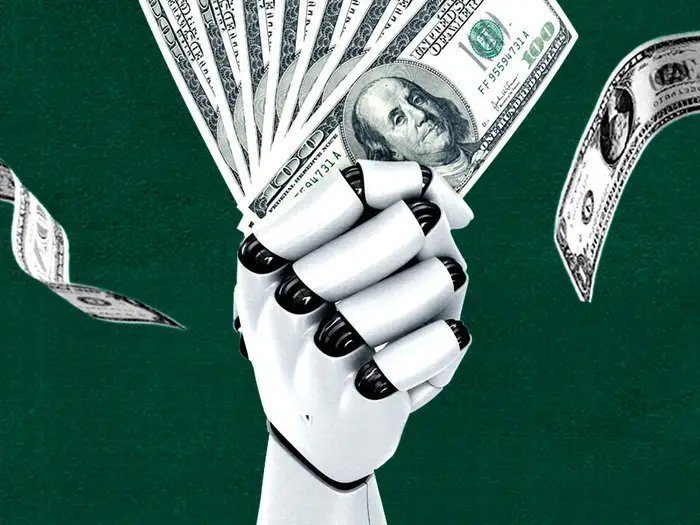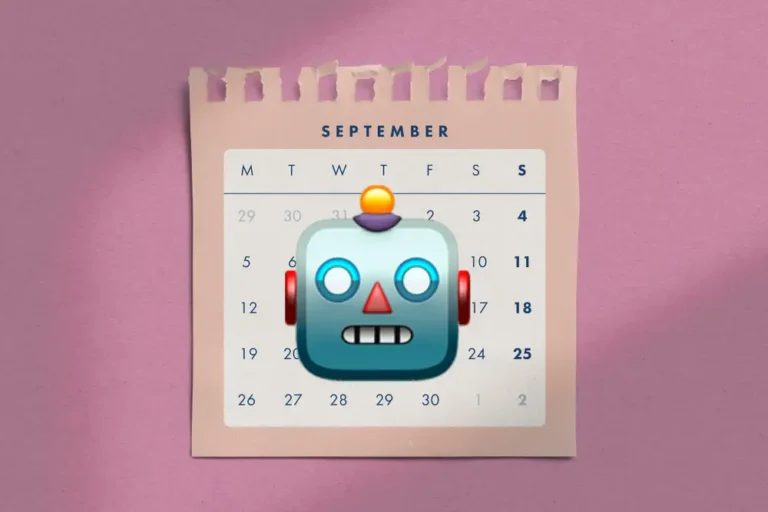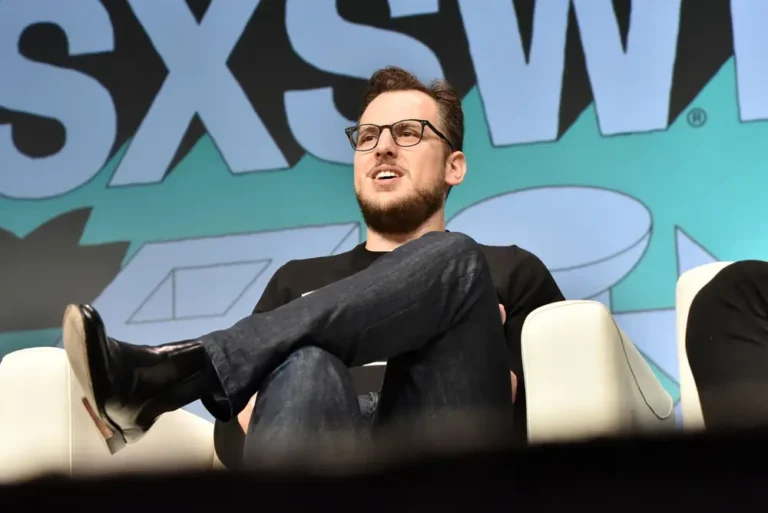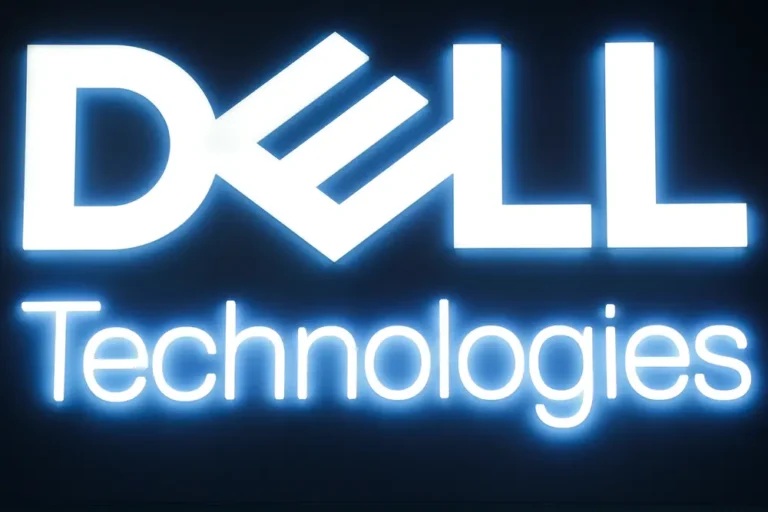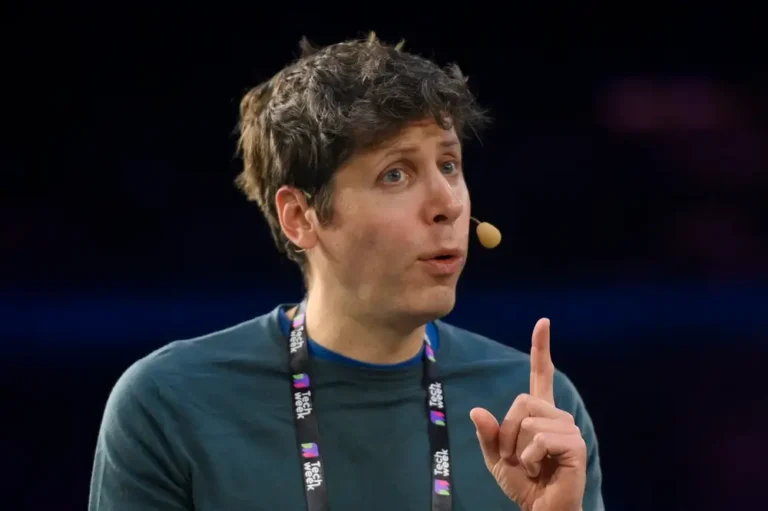Sam Altman told Elon Musk he worried Google Deepmind was trying to ‘kill’ OpenAI by poaching its talent
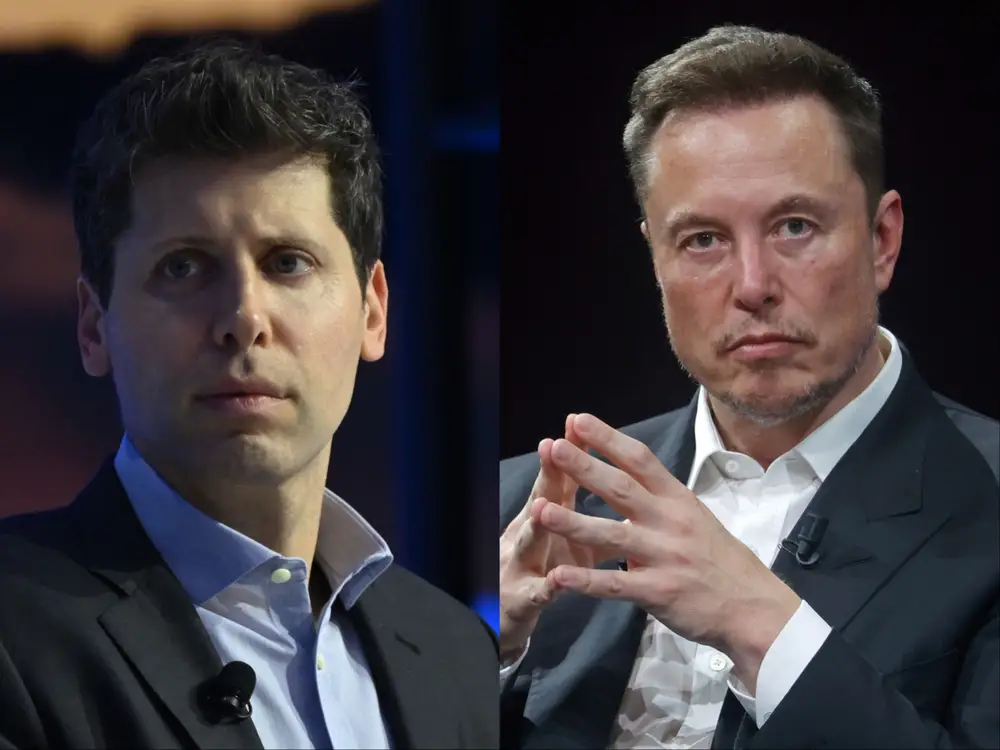
OpenAI cofounders Sam Altman and Elon Musk.
Elon Musk’s email exchanges with his OpenAI cofounders, newly revealed in court documents, give a glimpse into the talent wars of the startup’s early days.
In August, he filed a lawsuit against Sam Altman and Greg Brockman, with whom he cofounded the startup in 2015.
In the suit, Musk, who quit OpenAI in 2018, argues he was “deceived” into founding the company under false pretenses. Musk’s lawyers argue it was “all hot-air philanthropy—the hook for Altman’s long con.”
Emails released as part of the suit show how concerned the founders were about its rival, Google DeepMind, poaching staff.
On December 11, 2015, Altman wrote, “Just got word…that deepmind is going to give everyone in openAI massive counteroffers tomorrow to try to kill it.”
He asked if the others would object to increasing everyone’s compensation by $100,000 to $200,000 a year.
“Sounds like deepmind is planning to go to war over this, they’ve been literally cornering people at NIPS,” he wrote, referring to an annual machine learning conference.
Musk urged the group to do whatever it took to attract talent. “Either we get the best people in the world or we will get whipped by Deepmind,” he wrote.
Brockman responded: “Read you loud and clear. Sounds like a plan. Will plan to continue working with sama on specifics, but let me know if you’d like to be kept in the loop,” he said, referring to Altman’s nickname.
In his emails during OpenAI’s first days, Musk outlined the company’s original mission.
“OpenAI is a non-profit artificial intelligence research company with the goal of advancing digital intelligence in the way that is most likely to benefit humanity as a whole, unencumbered by an obligation to generate financial returns,” Musk wrote to the others in December 2015.
Almost a decade later, OpenAI is shedding its nonprofit status and is now valued at over $150 billion.
OpenAI has always been recognized as a hub for the world’s top AI talent. The company’s nonprofit status and lofty mission to benefit humanity attracted much of that talent.
But, like Musk, some longtime OpenAI employees have since begun to question the company’s commitment to that mission. Several key executives have left in the last year, some of them citing concerns about safety.
Jan Leike, who headed OpenAI’s superalignment team, quit the company in May, saying it had strayed from its mission. Other top executives have been more reticent about their reasons for leaving.


